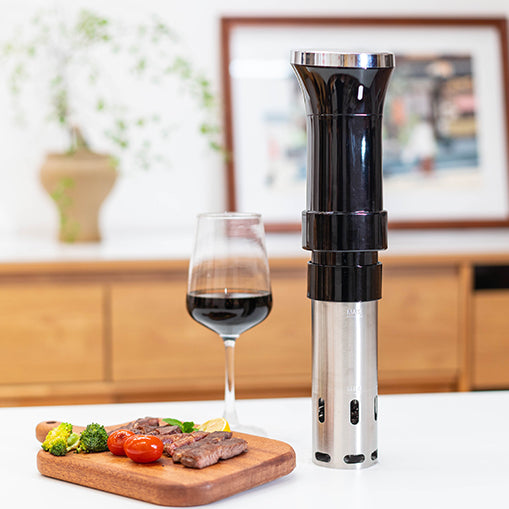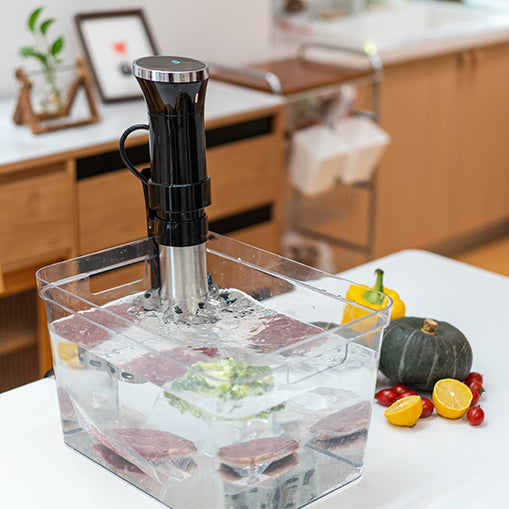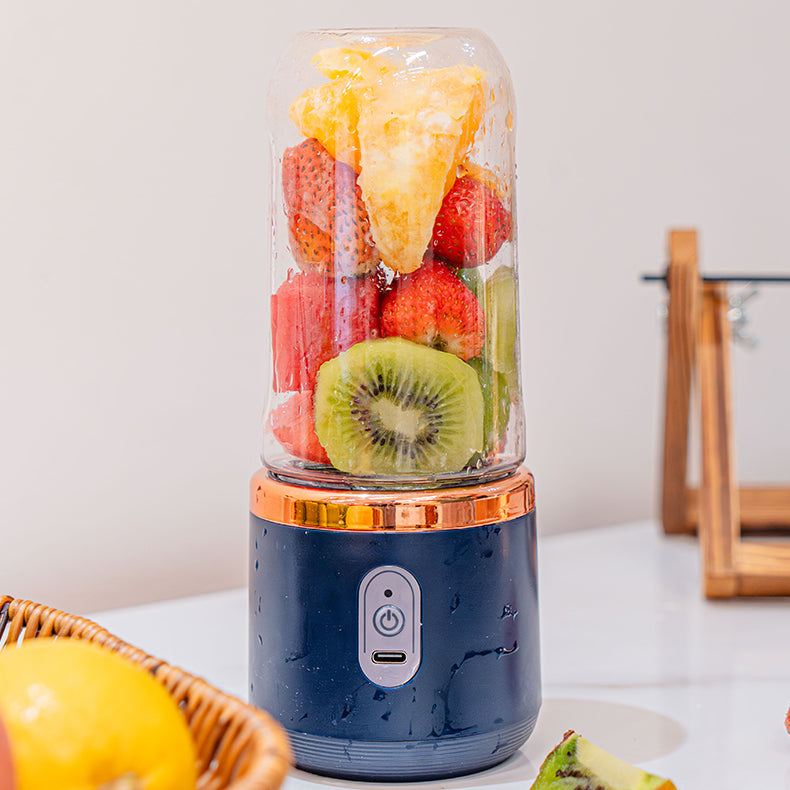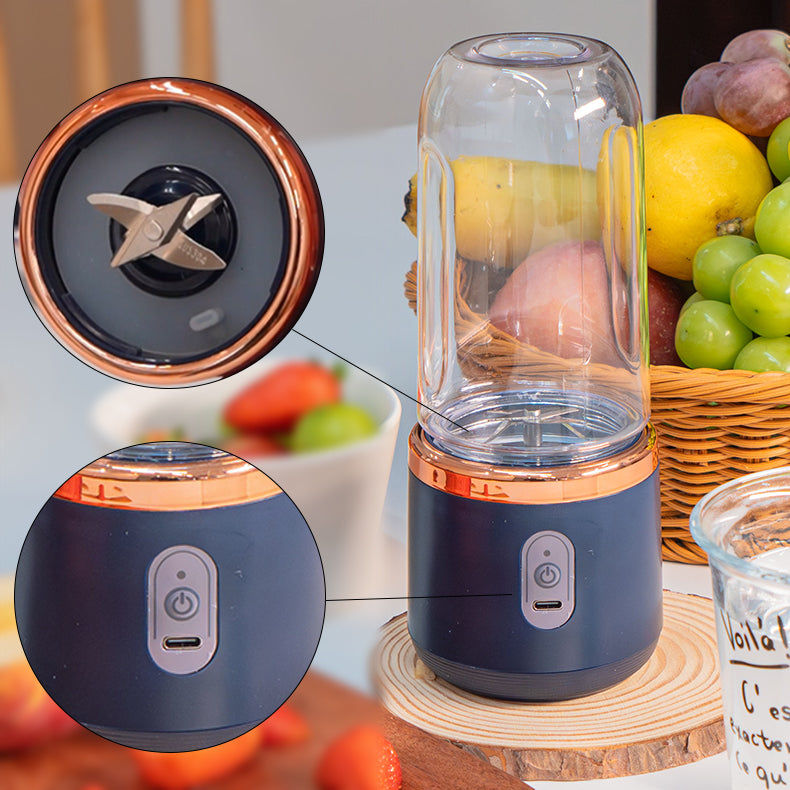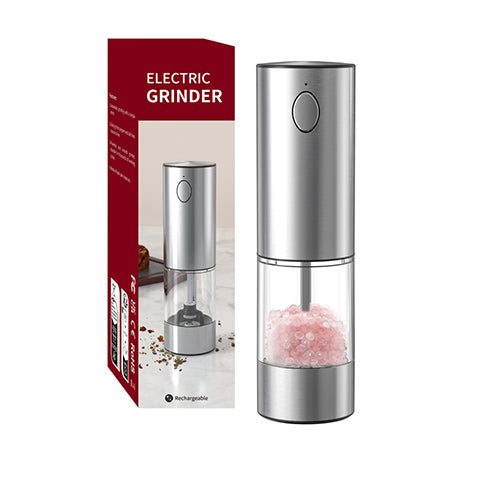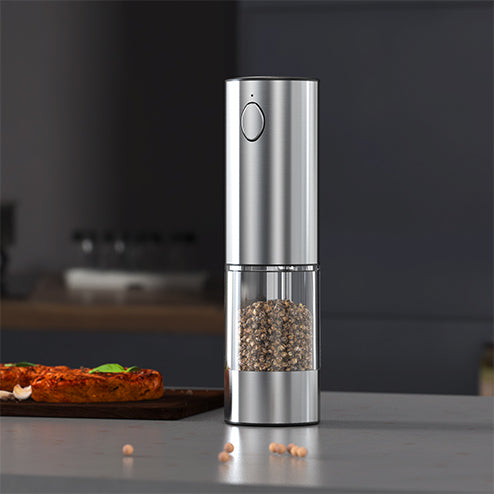Espresso is celebrated for its bold, rich flavors, but when it turns out too bitter, it can be quite off-putting. This bitterness often stems from several factors, including over-extraction, grind size, etc. Understanding what makes espresso bitter and knowing how to adjust your brewing technique can transform your espresso experience from harsh to harmonious. In this guide, we will delve into the common causes of bitter espresso and offer practical solutions for how to make espresso less bitter, helping you achieve a perfectly balanced cup every time.

Why Does My Espresso Taste Bitter?
Before we provide the right solutions to make your espresso less bitter, let’s explore what makes it bitter. Identifying the cause is the first step in making adjustments to improve your brew.
Over-Extraction
Over-extraction occurs when water passes through the coffee grounds for too long, pulling out bitter compounds. This often happens when the grind size is too fine or the brewing time is too long. As a result, the espresso tastes overly bitter and lacks the balanced flavor of a properly extracted shot.
Fine Grind Size
Using a grind size that is too fine can lead to over-extraction. Fine grounds increase the surface area in contact with water, slowing down the flow and allowing more time for bitter compounds to be extracted. This can make the espresso taste harsh and unpleasant.
Poor Quality Beans
The quality of the coffee beans plays a crucial role in the final taste of your espresso. Beans that are over-roasted or stale can contribute to bitterness. Fresh, high-quality beans are essential for a good espresso.
Incorrect Water Temperature
Water temperature is critical in espresso brewing. If the water temperature is too high, it can draw out bitter compounds from the coffee grounds. The ideal brewing temperature is typically between 195°F and 205°F (90°C to 96°C).
Dirty Equipment
Residue from old coffee oils can build up in your espresso machine, affecting the flavor of your shots. Regular cleaning is necessary to maintain the machine and ensure the best-tasting espresso.

How to Fix Bitter Espresso
Once you've identified the cause of the bitterness, you can start making adjustments to improve your espresso. Here are some effective solutions.
Adjust Grind Size
One of the easiest ways to fix bitter espresso is to adjust the grind size. A coarser grind can reduce the contact time between the water and coffee, preventing over-extraction. Experiment with different grind sizes until you find the one that produces a balanced shot.
Modify Brew Ratio
The coffee-to-water ratio significantly impacts the flavor of your espresso. A standard ratio is 1:2 (one part coffee to two parts water). If your espresso is too bitter, try using a slightly lower ratio, such as 1:1.5, to reduce the intensity of the flavors.
Control Water Temperature
Ensuring that your water is at the correct temperature can prevent bitterness. Most espresso machines allow you to adjust the temperature. Aim for a range of 195°F to 205°F (90°C to 96°C). If your machine doesn't have this feature, consider investing in a new high-quality machine like the semi-automatic Schwua Italian home espresso coffee maker equipped with an electronic precise temperature control, or manually check the temperature before brewing.
Use Fresh, Quality Beans
Switching to high-quality, freshly roasted beans can make a significant difference. Look for beans roasted within the past two weeks and store them in an airtight container to maintain freshness. Avoid dark roasts if you find them too bitter and opt for medium or light roasts instead.
Clean Your Machine Regularly
Regular maintenance of your espresso machine is crucial. Clean the portafilter, group head, and steam wand after each use. Perform thorough cleaning and backflush with a cleaning solution weekly to remove any built-up coffee oils and residue.
Experiment with Brewing Techniques
Different brewing techniques can affect the flavor of your espresso. Try techniques such as pre-infusion, where you wet the coffee grounds before full extraction, to see if it improves the taste. Adjusting the tamp pressure can also help; a lighter tamp can result in a faster flow and less bitter extraction.
Add a Pinch of Salt
If you've tried all the above adjustments and still find your espresso too bitter, consider adding a tiny pinch of salt. Salt can help neutralize bitterness and enhance the overall flavor of the coffee. Start with a small amount and adjust to taste.
Tips for Brewing Better Espresso
Improving your espresso brewing skills can further enhance the quality of your shots. Here are some additional tips to keep in mind.
1.Use the Right Coffee-to-Water Ratio: Maintaining the correct coffee-to-water ratio is essential for a balanced shot. A common starting point is 1:2 (one part coffee to two parts water). Adjust this ratio based on your taste preferences.
2. Ensure Proper Tamping: Tamping the coffee grounds evenly and with the right pressure ensures uniform extraction. Avoid tamping too hard, as this can restrict water flow and lead to over-extraction.
3. Maintain Consistent Pressure: Consistent pressure during the extraction process is vital for a balanced shot. Ensure your machine is capable of maintaining stable pressure, typically around 9 bars.
4. Regularly Calibrate Your Grinder: Grind size consistency is key to a great espresso. Regularly calibrate your grinder to ensure it produces the desired grind size. This helps achieve consistent extraction and flavor.
5. Keep Equipment Clean: Regular cleaning of your espresso machine and grinder prevents the buildup of oils and residue that can negatively affect the taste of your espresso. Clean all removable parts daily and perform a deep clean weekly.

Conclusion
Now you know why your brewing tastes bitter and how to make espresso less bitter. By understanding the common causes, adjusting your brewing practices, and incorporating some skills, you can enjoy a perfectly balanced shot of espresso. So experiment with these different techniques and tips next time to find what works best for you, and transform your espresso experience.

